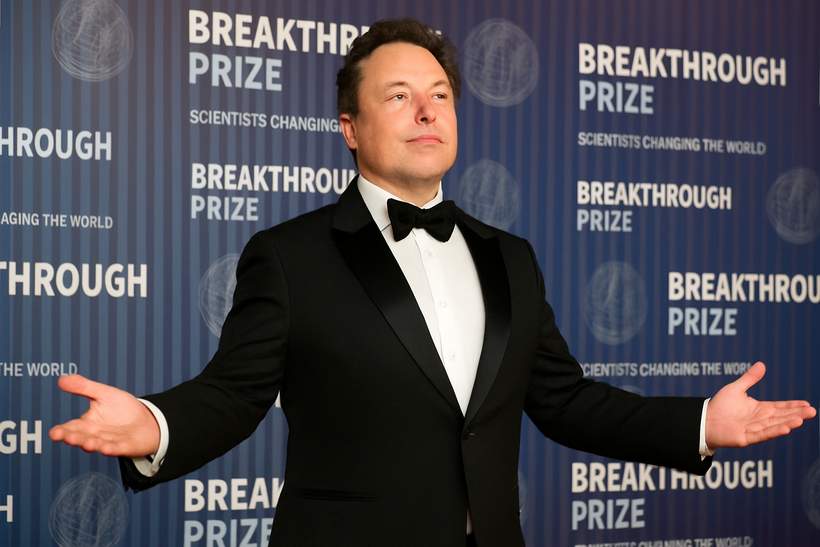Musk’s Boring Company Expands Real Estate Holdings Along Las Vegas Loop

Expansion of Real Estate Along the Las Vegas Loop
The Boring Company, founded by Elon Musk, is actively purchasing additional properties along the route of its underground Las Vegas Loop transit system. While this acquisition strategy supports their expansion plans, some industry experts caution that investing heavily in real estate tied to this project carries significant risk with uncertain financial returns.
Purpose Behind Acquiring Properties in Las Vegas
Since the Las Vegas Loop initiative was launched in 2021, the Boring Company and its subsidiaries have acquired eight properties situated along the planned tunnel route. Additionally, they own a single-family residence located just outside the proposed tunnel path. The Loop started as a connection between structures at the Las Vegas Convention Center and has expanded to include stops at Resorts World, Encore, and Westgate resorts.
Marketed as a form of public transportation, the vision for the Loop encompasses an extensive system with 68 miles of tunnels and 104 stations. It aims to move as many as 90,000 passengers per hour by deploying Tesla’s autonomous vehicles. Key destinations planned include downtown Las Vegas, Harry Reid International Airport, and Allegiant Stadium, with inter-station travel times estimated between 2 to 8 minutes.
Strategically, purchasing property close to transit hubs fits the transit-oriented development (TOD) model. This urban planning principle promotes residential and commercial projects near transit stops, encouraging communities to easily access workplaces, retail, and amenities by public transportation.
Alan Adamson, a branding expert and co-founder of the consulting group Metaforce, notes that Musk often manages various components of his projects comprehensively. In this case, the Boring Company not only constructs the Loop infrastructure but supplies the vehicles and secures real estate around the stations.
Challenges Facing the Las Vegas Loop
Nicholas Irwin, an economist at UNLV specializing in housing, points out that while transit proximity generally increases property values, this effect mainly applies to public transit systems rather than privately operated ones like the Loop. He argues the Loop falls short as mass transit due to its high operational costs and limited ability to handle large passenger volumes.
Current fares for the Loop are set at $4.25 per ride, $7 for a round trip, and $12.50 for a day pass. In comparison, Southern Nevada’s public bus system charges slightly lower rates, making it a more economical option for many riders.
Operational efficiency is also a concern. The Loop’s Tesla vehicles are designed to carry five passengers but currently only accommodate four. Additionally, each vehicle requires a human driver since calibration issues with sensors inside the tunnels prevent fully autonomous driving.
The project has also faced regulatory setbacks. Nevada environmental authorities have accused the Boring Company of multiple environmental violations related to Loop construction. These allegations could result in temporary halts to further expansion while issues are addressed, potentially causing additional delays.